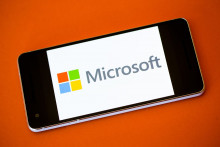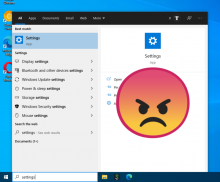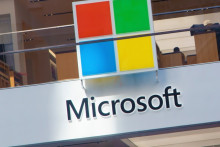Microsoft AI can detect security flaws with 99% accuracy
Microsoft has released an artificial intelligence (AI)-powered tool to help developers categorise bugs and features that need to be addressed in forthcoming releases.
The software giant’s machine learning system classifies bugs as security or non-security with a 99% accuracy, and also determines whether a bug is critical or non-critical with a 97% accuracy rating.











































































